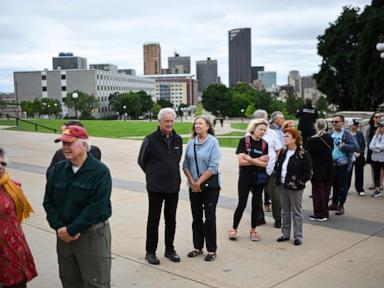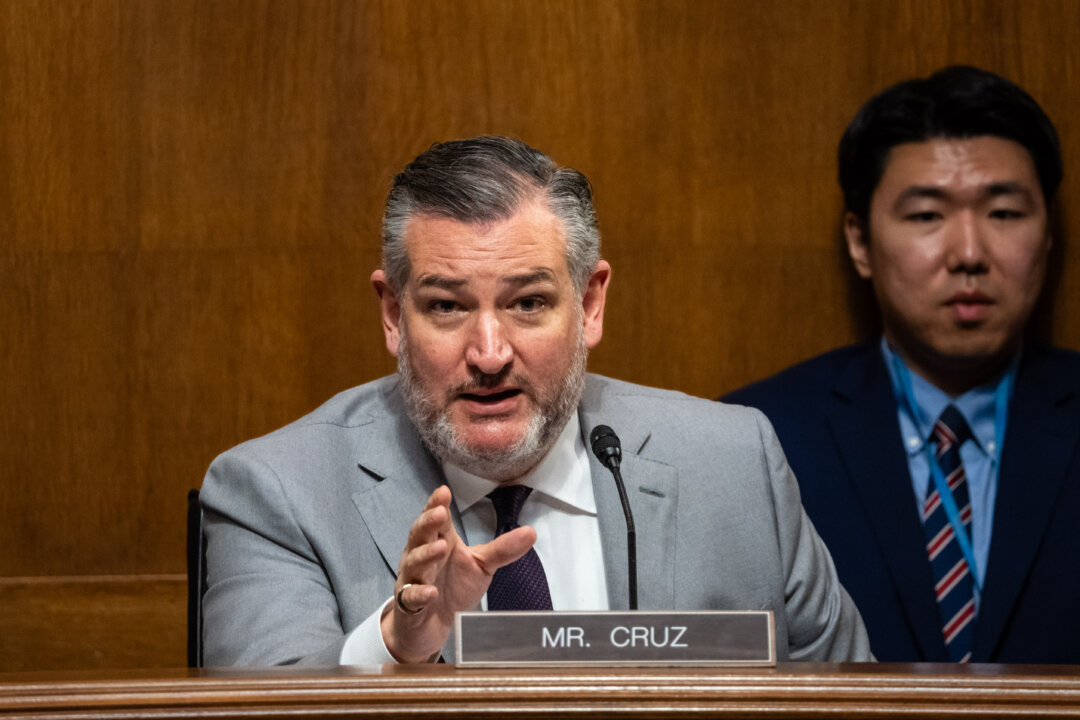
Blog
June 23, 2025 | Source: PRISM | by Annie Faye Cheng
On 1.5 acres of land in the Lehigh Valley of eastern Pennsylvania, farmer and seed keeper Amirah Mitchell grows Sea Island red okra, Ethiopian green mustard, Sierra Leone ribbed tomato, Liberian kittley eggplant, and more. Instead of picking the produce, she allows the crops to mature and go to seed. The seeds are carefully harvested, packaged, and then shipped to her customers all over the country.
Mitchell is the owner of Sistah Seeds, a farm and seed company that focuses on heirloom seeds that are culturally important to African American, Afro-Caribbean, and West African food cultures.
As seeds are increasingly consolidated within large institutions—whether for use in commercial agriculture or seed banks—Mitchell belongs to a growing movement of seed keepers who argue that seedkeeping should be decentralized.
Few seed keepers and seed companies serve BIPOC farmers, who themselves represent fewer than 5% of all farmers in the United States. Seed companies tend to prioritize the sale of commodity crop seeds to the industrial farms, leaving out small growers who focus on culturally relevant seeds. Seed banks also tend to prioritize support for breeders and researchers rather than individuals.
The post The U.S. Food System Needs More than ‘Doomsday Vaults’ for Seeds appeared first on Organic Consumers.
.png)











 English (US)
English (US)